
Improvements of this Blog
/
0 Comments
In my post Time for Wishes, I asked: "How can I improved my blog?" And here are the answers.
Most…
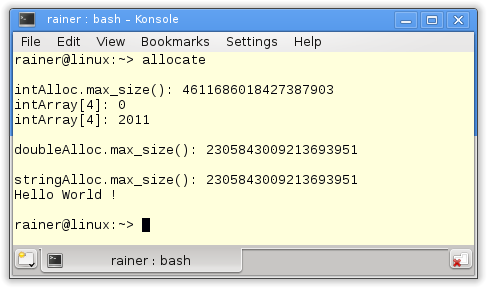
Memory Management with std::allocator
What is common between all containers of the Standard Template Library? They have a type parameter Allocator…
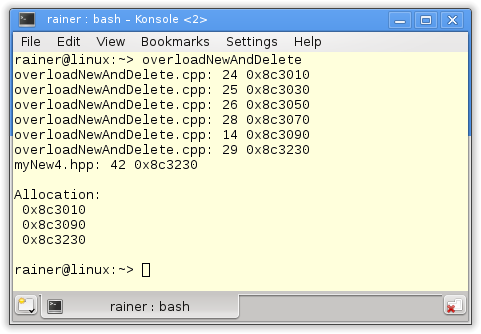
Overloading Operator new and delete 2
I overloaded in the last post operator new and delete. Therefore, finding memory leaks and getting the…
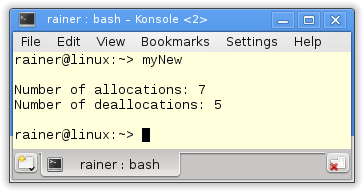
Overloading Operator new and delete 1
It happens quite too often that a C++ application allocates memory but doesn't deallocate it. This is…

Explicit Memory Management
Explicit memory management has in C++ a high complexity but also provides great functionality. Sadly,…
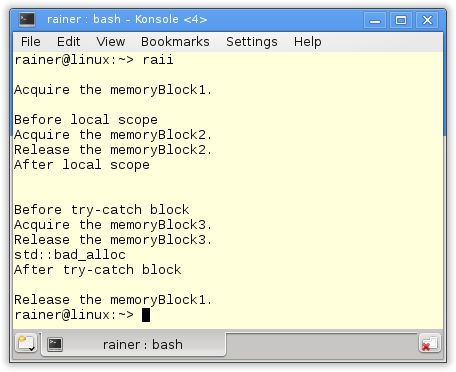
Garbage Collection – No Thanks
C++ is old-fashioned. C++ has no garbage collection. No garbage collection? Right! Old fashioned? Wrong!
What…

Perfect Forwarding
Today, we solve " ... a herefore unsolved problem in C++" (Bjarne Stroustrup). To make the long story…

Time for Wishes
I wrote more than 130 posts in my German blog about functional programming, embedded programming and…
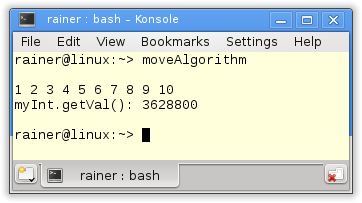
Move Semantis: Two Nice Properties
I will talk about two nice properties of the move semantic in this post that is not so often mentioned.…

Copy versus Move Semantics: A few Numbers
A lot was written about the advantages of move semantics to copy semantics. Instead of an expensive copy…
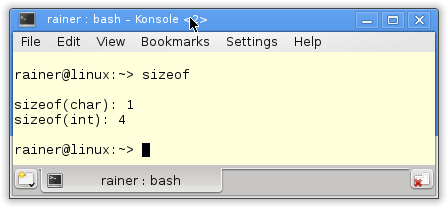
std::array – Dynamic Memory, no Thanks
std::array combines the best of two worlds. On the one hand, std::array has the size and efficiency of…
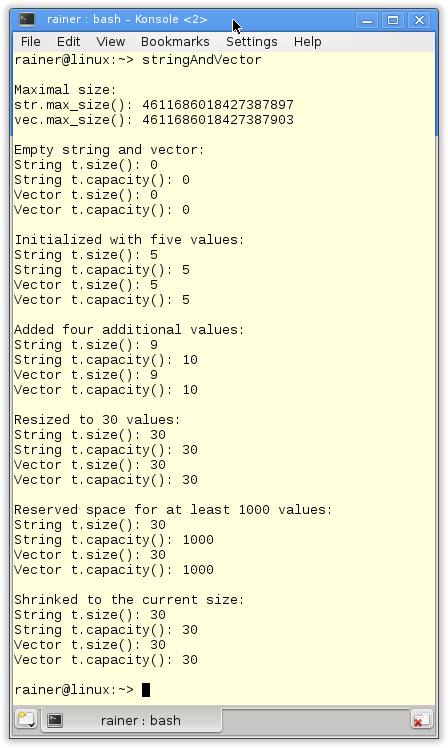
Automatic Memory Management of the STL Containers
One of the significant advantages of a C++ string to a C string and of a std::vector to a C array is…
